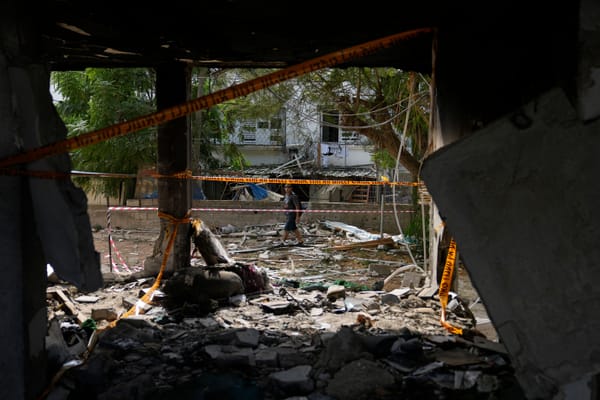The American empire is fraying at the edges. The Ukrainian counteroffensive is now widely admitted to have been a failure, and the West is running out of ammunition. There isn’t much capacity to manufacture more ammo quickly, and the Pentagon recently warned that it has almost run out of the funds it was granted to purchase replacements for US stocks delivered to Kiev.
Meanwhile, America’s political class is too internally divided to address any of this in a serious way. The ouster of Kevin McCarthy from the House speakership was the result of a struggle to secure more military and financial support for Ukraine. At the same time, wartime deficits are becoming a permanent structural feature of the US economy, even as borrowing costs keep rising. All the talk about reindustrializing America, rebuilding the defense-industrial base, friendshoring or onshoring supply chains—all of that is going to remain at the level of talk if there is no longer any money to pay for any of it. Deficit spending is already unsustainable, and the more debt piled on top, the higher the borrowing costs will jump.
The consequences of this dynamic have been playing out tragically in both Israel, which is reeling from a devastating attack by Hamas, and the Nagorno-Karabakh, the Armenian enclave inside Azerbaijan that was recently overrun and ethnically cleansed by the Baku regime. As an empire is overstretched, wildfires break out all across the periphery, as various latent conflicts reemerge and regional actors seize the opportunity to settle old scores.
America took artillery shells from its stores in Israel to dispatch to Ukraine, and now those stores are mostly depleted. But with war declared against Hamas, suddenly the Jewish state is facing a pressing need for ammunition. To provide Israel with necessary assistance likely means abandoning Ukraine to a dismal fate; but to abandon Ukraine means that the threats to Israel in the medium term are likely to magnify. Failure against Russia—like the defeat in Afghanistan—alerts more and more of the world to the fact that the hegemon is stumbling.
